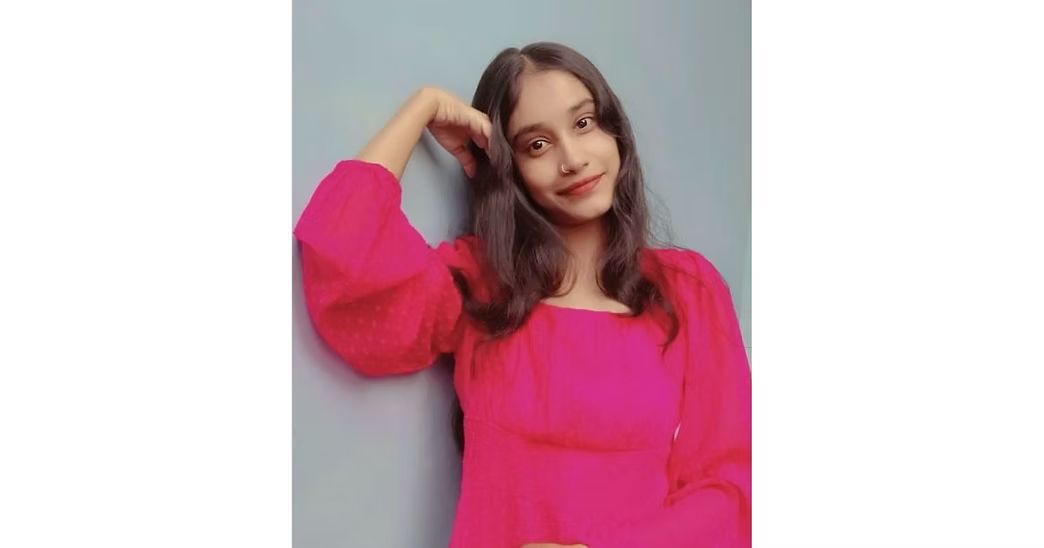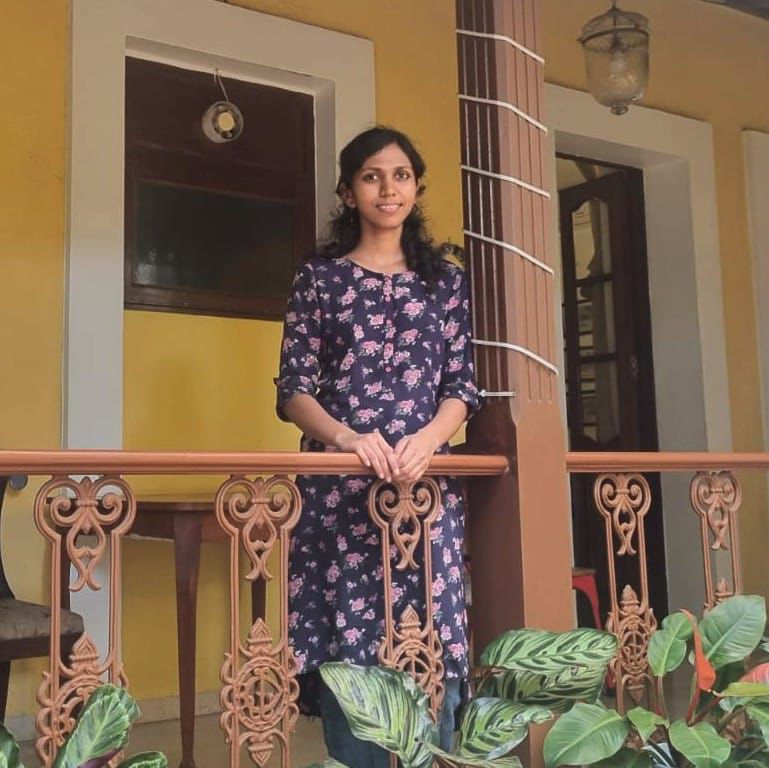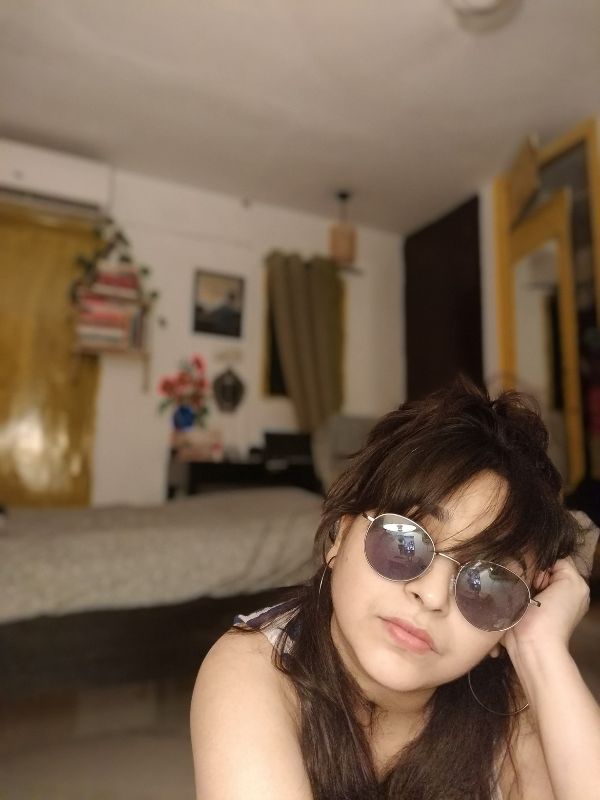1. Tomorrow will answer today's questions
I stumbled upon my old doll today.
Wiping the dust off her
glossy buttoned eyes and caressing
the cotton oozing out
of her torn hand, I said,
"You've changed a lot".
She might have wanted to say it back.
She might have wanted to ask me
if I still guard my oversensitive
heart from my own self,
if my mother's trauma and
my father's anger still sit
on my face perfectly,
if guilt is a crumpled organ
inside my belly,
if inheritance is the
ugliest thing to ever exist,
if worry beats like a second heart
in my chest,
if I miss the girl I have once been.
Pity bubbled my eyes.
I cleaned her up and stitched
her skin well. I combed her
woollen hair and recalled
the days I cried my heart out
on her shoulders and
sang her lullabies to sleep.
I revisited the days of milk moustaches
on her upper lips when I
made her drink from my glass.
Now she sits at
the corner of my couch.
Tomorrow she will have all her answers
when my daughter returns
from her school trip
-hopping like a kangaroo,
filling the room with innocent giggles,
carrying her mother's smile and
her father's gentleness,
when inheritance turns out
to be the prettiest thing to
ever exist,
when there is love and only love
in every spine and bone,
when I kiss my old photographs
without feeling guilty.
Wiping the dust off her
glossy buttoned eyes and caressing
the cotton oozing out
of her torn hand, I said,
"You've changed a lot".
She might have wanted to say it back.
She might have wanted to ask me
if I still guard my oversensitive
heart from my own self,
if my mother's trauma and
my father's anger still sit
on my face perfectly,
if guilt is a crumpled organ
inside my belly,
if inheritance is the
ugliest thing to ever exist,
if worry beats like a second heart
in my chest,
if I miss the girl I have once been.
Pity bubbled my eyes.
I cleaned her up and stitched
her skin well. I combed her
woollen hair and recalled
the days I cried my heart out
on her shoulders and
sang her lullabies to sleep.
I revisited the days of milk moustaches
on her upper lips when I
made her drink from my glass.
Now she sits at
the corner of my couch.
Tomorrow she will have all her answers
when my daughter returns
from her school trip
-hopping like a kangaroo,
filling the room with innocent giggles,
carrying her mother's smile and
her father's gentleness,
when inheritance turns out
to be the prettiest thing to
ever exist,
when there is love and only love
in every spine and bone,
when I kiss my old photographs
without feeling guilty.




